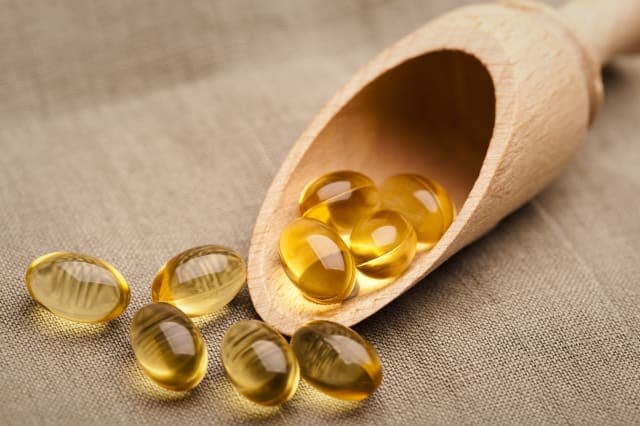Supplements to help you get through winter

Sales of vitamins and supplements top £400m in the UK, with more than 60 per cent of adults taking them daily or occasionally. However, much of the marketing revolves around promises which are unsubstantiated, and it's possible you could get all you need from your diet anyway. We've sifted through the evidence to find four supplements you may wish to consider for the colder months – and where you can find them in food.
See also: Experts recommend vitamin D supplements over winter
See also: Six reasons you need to take vitamin D
Cod liver oil
If you only take one health supplement through the colder, darker months – it's probably best to make it cod liver oil. Derived, as the name suggests, from the liver of Atlantic cod fish, it usually comes in capsule form or in a bottle which can be poured onto a spoon.
Why is it so good? Well, it is rich in omega-3 fatty acid – which is good for our brains and can protect against heart disease, dementia and arthritis, among other conditions. It is high in vitamin D, which is vital for healthy bones and which we usually get from exposure to sunlight (and we all know that can be lacking in the winter months) or a few foods, including oily fish and eggs.
Public Health England recommend that people consider taking a vitamin D supplement over winter – as evidence suggests our bodies may not retain enough of the substance from the sunnier months. And cod liver oil also usually has a good level of vitamin A – a powerful antioxidant which helps to maintain healthy vision, neurological function and healthy skin.
B vitamins
The group of B vitamins assist the body with functions including breaking down energy from food, forming red blood cells and keeping our eyes, skin and nervous system in good shape. There is also some evidence they can help protect against Alzheimer's and depression, though research is still ongoing.
We should get enough B vitamins from a normal healthy diet including wholegrains and cereals, however B12 in particular is harder to absorb as we get older and the vitamins are thought to be depleted by stress in some cases. Supplements are usually low in price and experts recommend taking them if you feel you may be in an at risk group.
ZMA
A kind of three-for-one deal, ZMA is a natural supplement comprised of zinc, magnesium aspartate and vitamin B6. Popular with bodybuilders, the evidence to support muscle growth is questionable at best – but the supplement does offer a handy way to get a couple of popular minerals together.
Zinc supports the immune system and muscles, helps us make new cells and enzymes and assists with wound healing. It has also been shown to reduce the length of cold symptoms. Magnesium helps us generate energy from food and assists with bone health.
The minerals can be gained through diet, zinc is found in shellfish, beef, lamb, beans, nuts, wholegrains and fortified breakfast cereals. Magnesium is found in green leafy vegetables such as spinach and chard, as well as in beans and nuts and wholegrains.
There is potential for side-effects if taking high doses of magnesium, and also for interaction with some medications, so the NHS advises staying under 400mg per day and reading labels carefully.
Vitamin C
Vitamin C is a powerful anti-oxidant and many people choose to take high-dose supplements in the hope of warding off colds. The evidence for this is sketchy, however it may help shorten the duration of symptoms is taken before cold symptoms begin.
It's usually possible to get sufficient vitamin C from a diet including oranges (or juice), potatoes, red and green peppers, strawberries, broccoli and Brussels sprouts – however it is unable to be stored in the body and needs to be consumed on a daily basis.
With that in mind, a supplement could be a good idea if you know you're not eating the right foods all the time. The NHS advises against high doses (more than 1,000mg per day) as there is a risk of diarrhoea, flatulence and stomach pain.



